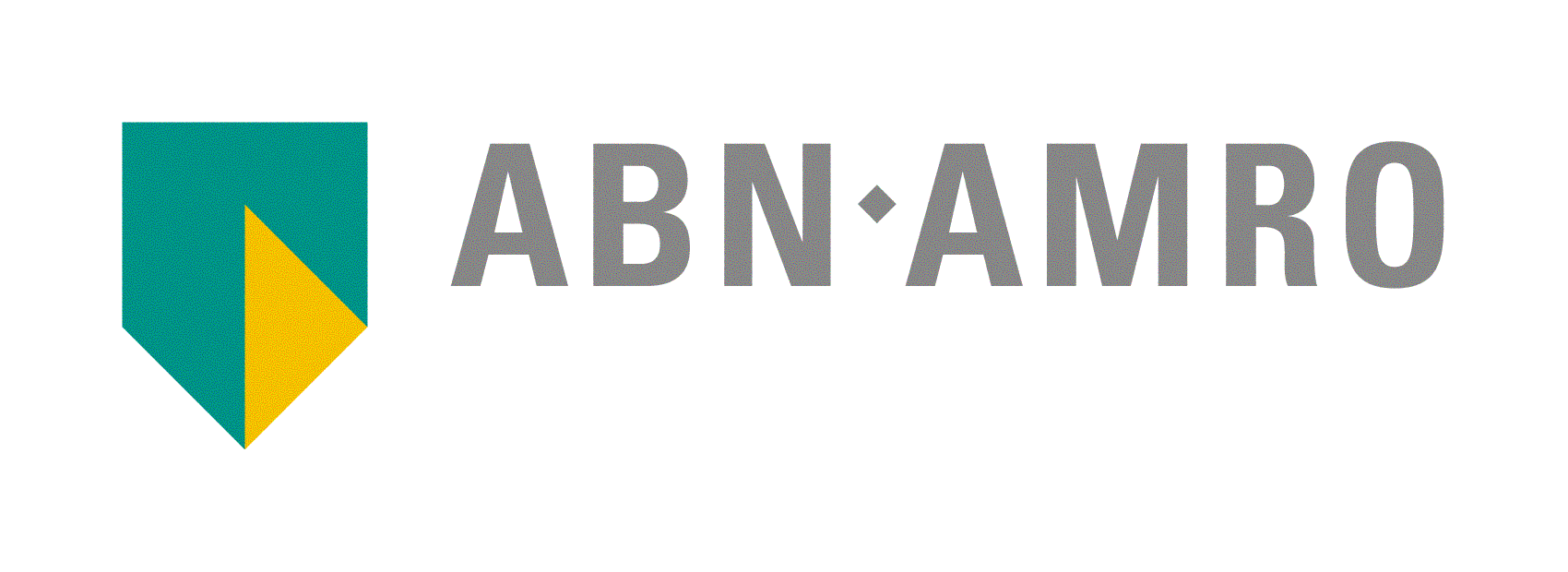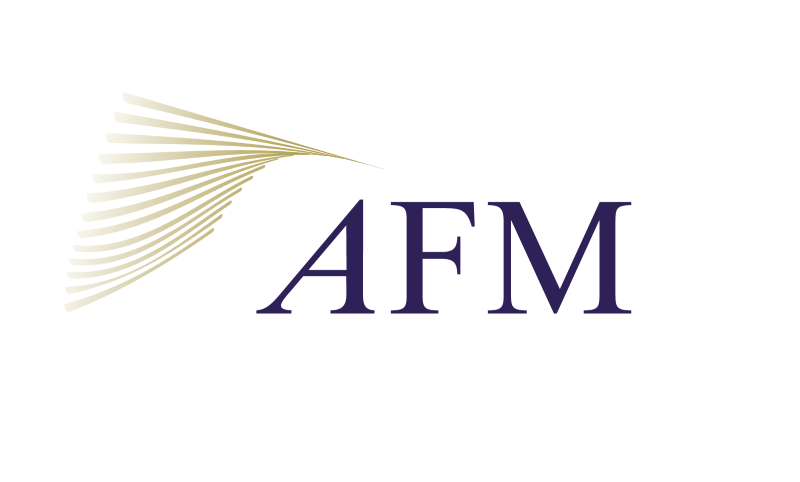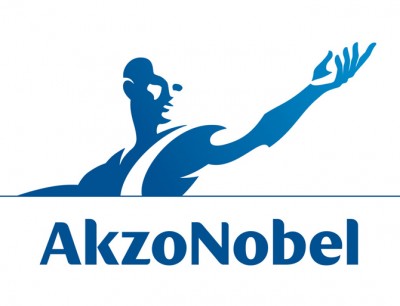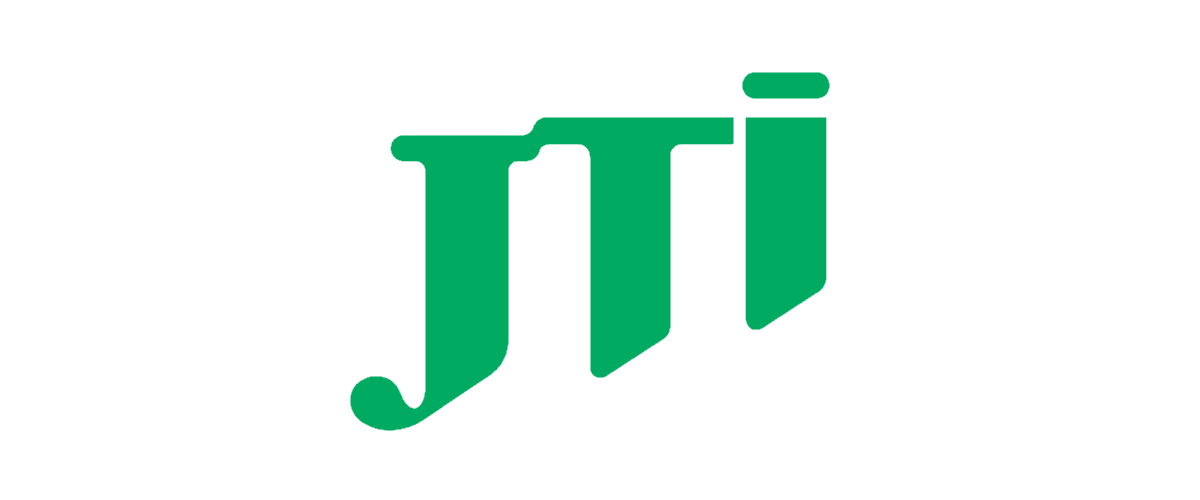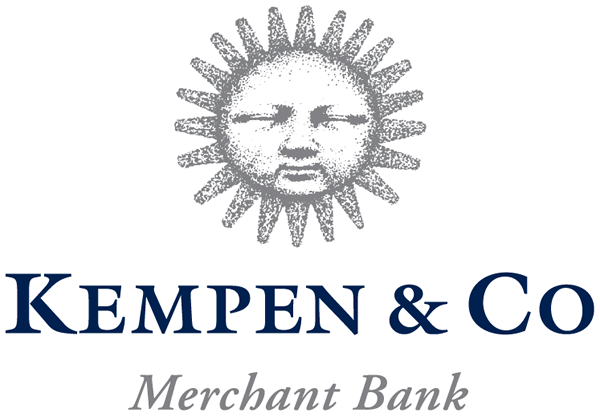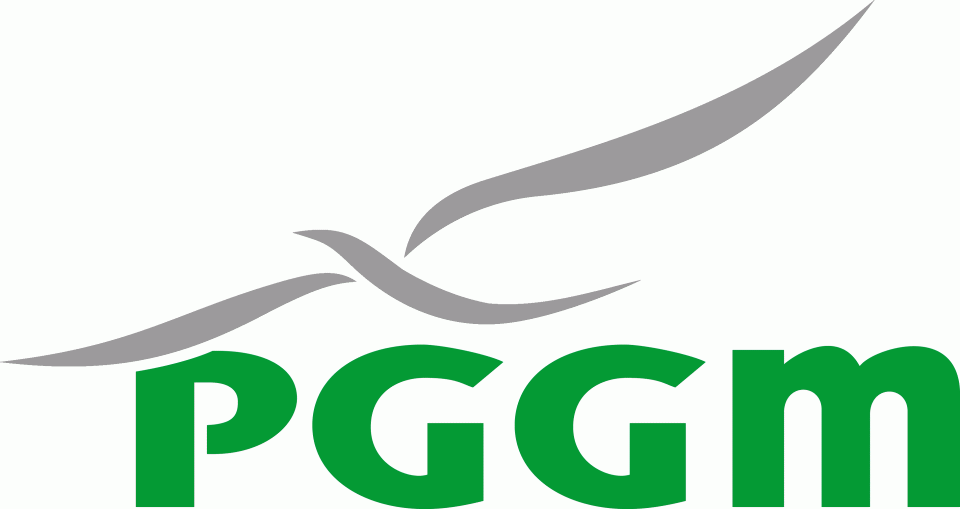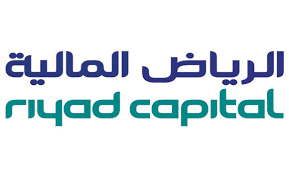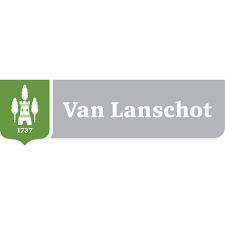The Private Equity program provides participants with a solid and critical understanding of the inner workings of venture capital, growth capital, buyouts and turnarounds, including the operation of private equity funds, the ways and means of engineering buyouts, reporting and performance measurement, and the institutional investor perspective. The program will provide an intense learning experience comprising formal lectures, group discussions, exercises and case studies.
“Very useful, and the professor combines both academic and practical experience.”
Invest. Analyst Premier Group WLL, Bahrain
How you will benefit
- Analyze and understand the private equity industry: size, trends, issues affecting the market and major players
- Investigate offering memoranda of private equity funds with case studies from throughout Europe
- Understand the investment structures and return drivers used by private equity specialists
- Learn the finer details of buyout term sheets and how to structure transactions
- Review the key governance and control mechanisms issues in private equity
Program length
3 days
| Day 1 | 09:00 – 17:30 |
| Day 2 | 09:00 – 17:30 |
| Day 3 | 09:00 – 17:30 |
Next steps
We offer carefully crafted learning paths designed to help you dive deeper into various facets of finance. Take the next step in your professional learning path by choosing one or more of our specialized programs, for example:
Day 1 | Private equity: asset allocation, instruments and strategies
Introduction
- Private equity, private debt, private real assets: strategies and instruments
- The private equity value chain
- Levels of intermediation: direct/co-investment, funds and funds-of-funds
- Challenges: why is investing in private markets difficult?
- Current debates: reputation, clichés and reality
The three dimensions of private markets investing
- Liquidity: measurement and constraints
- Returns: measurement (IRR, MOIC, PME), comparison, dynamics and interpretation (net/gross)
- Workshop: illustrating the limits of the IRR
- Risks: measurement, limits
- Benchmarking: data sources, quartiles (limits)
- Current debates: lines of credit (equity bridge financing), the cost of unused capital
Asset allocation and private markets
- Perspective on private markets: volumes, evolution, geographical and strategic breakdown
- Risk-return-liquidity: setting up a portfolio (market-neutral portfolio)
- Top-down and bottom-up approaches
- Current debates: numerator and denominator effects
- Private equity funds: functioning and selection
Private equity funds: functioning and selection
- Listed versus unlisted funds
- Fund managers and structures (LP, SIF, RAIF, FPCI, SPAC, BDC, VCT,…)
- Functioning of a fund (vintage year, investment and divestment period…)
- Specificities: capital deployment, dry powder, J-curve
- Functioning of a fund manager
- Economics (fees, hurdle, carried, catch-up…)
- Workshop: fund waterfall (US / European) illustration
Q&A and wrap-up
Day 2 | Investing in private companies: sourcing, analysing, negotiating, creating value and exiting
Investment framework
- The investment process: five steps
- Choosing the tools: the case of the LBO
- Other types of investments
Analyzing a deal: mid-market cleaning company (case I)
- Interactive business case: deal analysis I
- Interactive business case: deal analysis II
- Negotiation and valuation
Analyzing a deal: the case of a mid-market cleaning company (case II)
- Structuring
- Leverage effects
- Performance calculation and analysis
- Limits and risks
The deal and post-investment activities
- The closing and its legal documents
- 100-day plan, implementation, most frequent operations
- Value creation
- Exiting a deal: IPO, trade sale, secondary sale,…
Q&A and wrap-up
Day 3 | Fundraising and structuring, investors relations
Who are the investors and how do they think
- Typology of investors and their priorities
- Sources of capital and constraints
- How do investors think?
- What do investors want?
- The big puzzle of alignment of interests
- Current debates: number of fund relationship, one-stop shop, alignment of interests
View of the fund investor
- Choosing the right environment for selecting funds: from outsourcing to in-house operations
- Setting up the right program, depending on the constraints
- Challenges: adverse selection, contagion, lack of alignment of interests, conservatism, herding effects
- Workshop: endowment, family office, pension funds – alike and different
- Competition between investors
- What managers look for in an investor?
Selecting funds and fund managers
- Selecting funds (and funds-of-funds): sourcing, approaching and accessing
- Specificities: persistence of return
- Workshop documentation: The private placement memorandum
- Workshop documentation: The due diligence questionnaire (and the DD pack)
- Request for proposals: virtues and limits
- Current debates: concentration of fund managers, conflicts of interests, generational change
Negotiating
- Workshop documentation: the Limited Partnership Agreement
- Most frequent clauses: key man, most favoured nation
- Sponsor (or lack thereof)
- First closing participation and other advantages
- Advisory Board and representation
- Current debates: fee level, hidden fees, hurdle rate,…
View of the fund manager
Fund raising: a permanent process
- Setting the scene: number of fund managers, volumes raised, dry powder
- The process of fundraising: timing, length, success rate
- The ecosystem: placement agents, gatekeepers, sponsors, etc.
- Workshop documentation: PPM, presentation, track record, pipe-line, pitch…
- Specificities: track record, first-time funds, cycles
- Current debates: staple financing, funds of funds, concentration of fund managers
Role playing game: the case of a mid-market BO fundraising
- Introduction and groups
- Reading and brainstorming
- Preparation of group work
- Presentation
- Debate and debriefing
Q&A and wrap-up
Program preparation
There is some preparatory work required for this program. Pre-readings consist of case materials, chapters of a book and/or a few articles. These materials will be made available on a password protected webpage a few weeks prior to the program.
To ensure maximum benefit from the program for participant and fellow-participants, we strongly advise to prepare prior to attending.
Read more
> Private Equity: asking the tough questions
This Private Equity program is relevant for:
- Bank and insurance managers keen to understand the private equity industry better
- Institutional investors with an interest to commit funds to the sector as an asset class
- Corporate managers looking for a better understanding of how private equity investors create value in deals
Please contact us should you feel the need to verify your level of knowledge.
Prerequisite
Proficiency in English is vital for following this training program effectively.
Is this program not the right fit for you?
We offer other programs which you might find more interesting or useful, such as:

